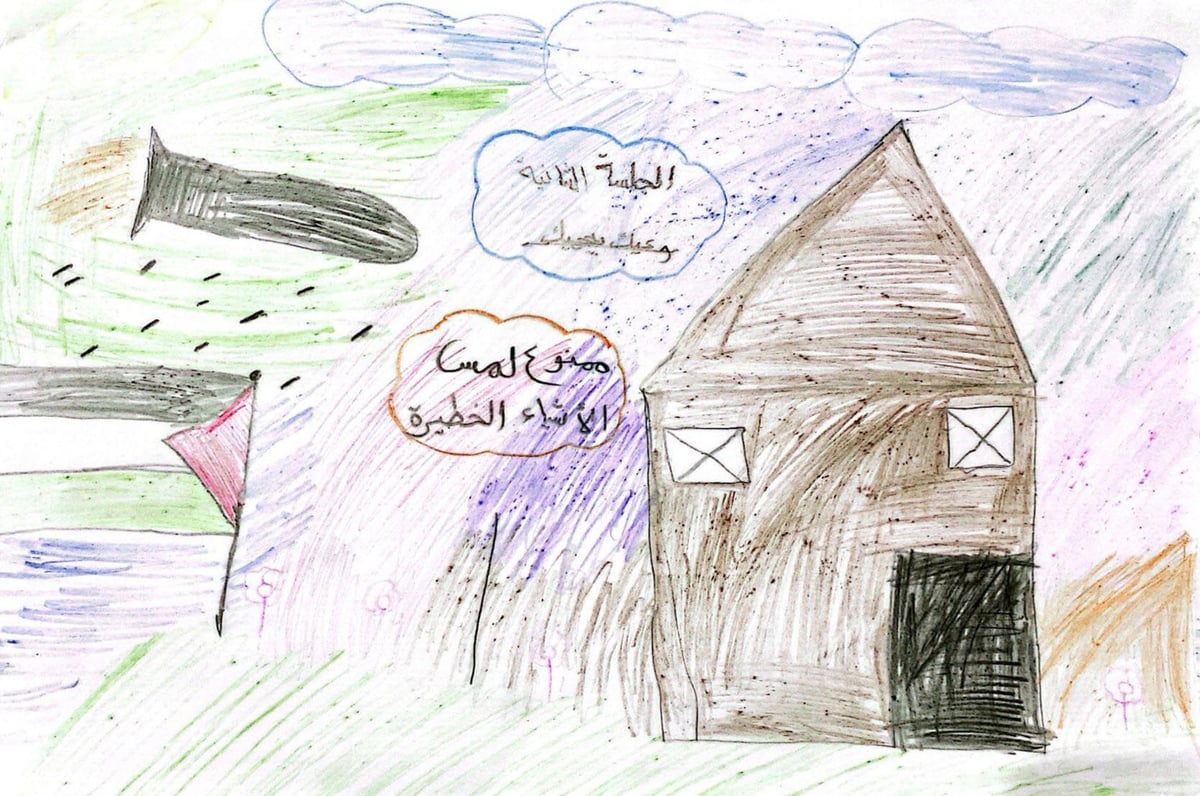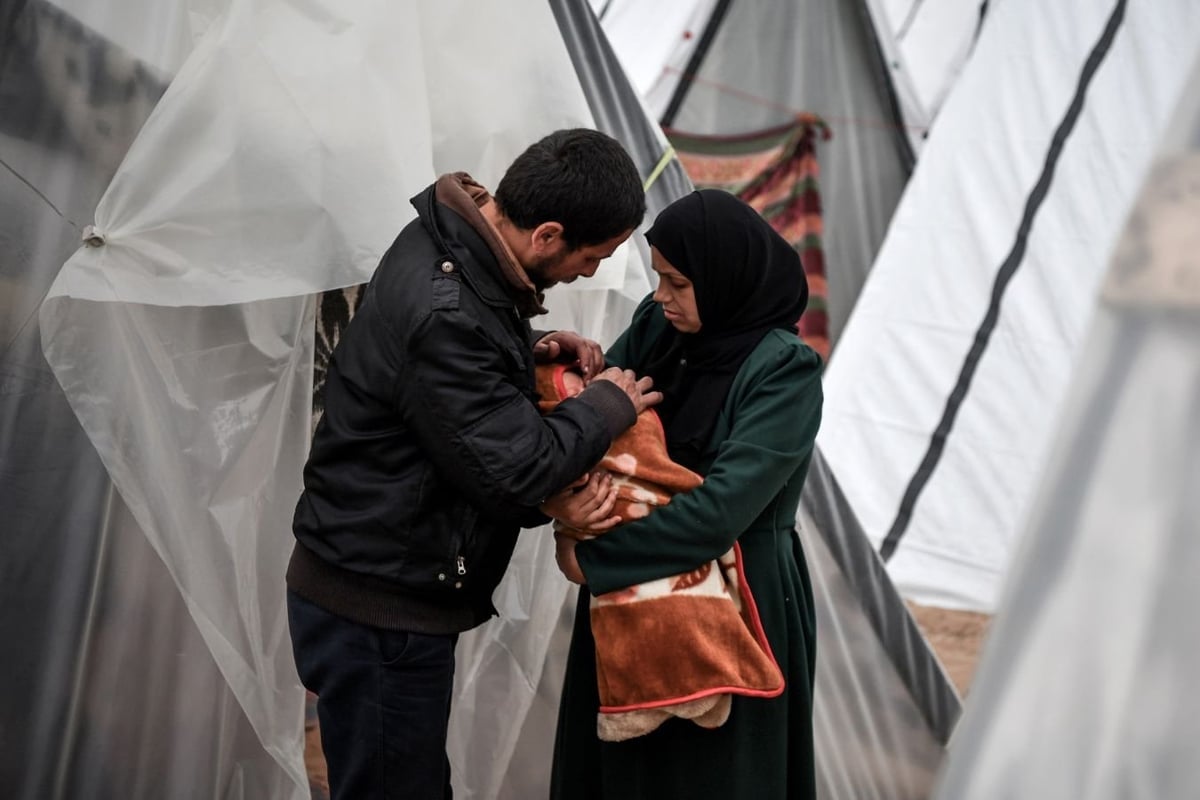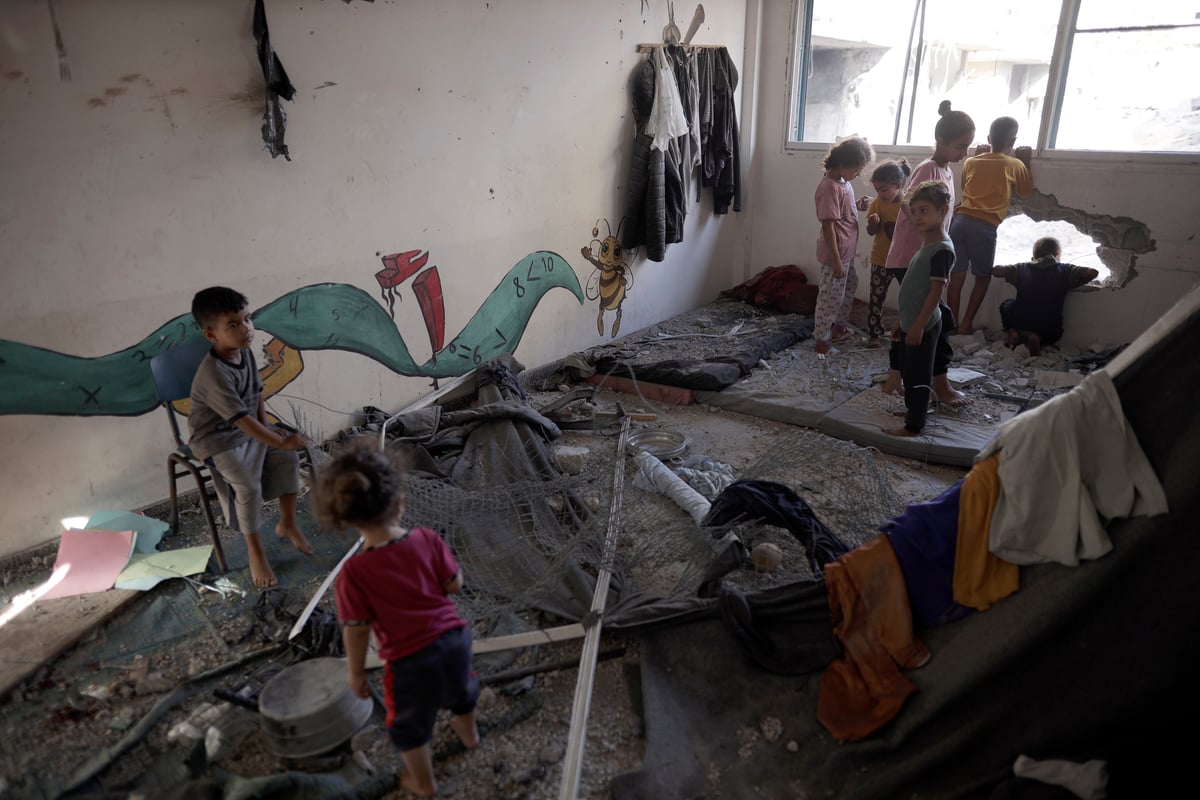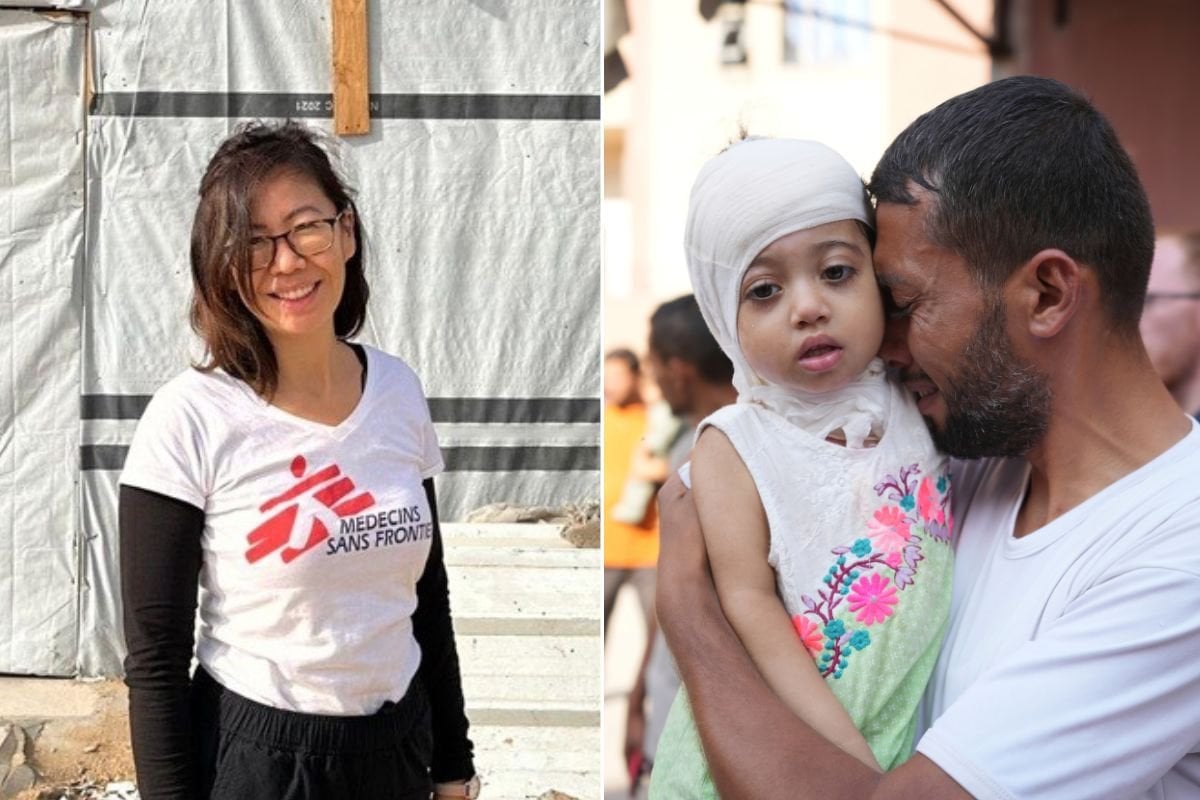
In March, Sydney psychologist Scarlett Wong wrote three farewell letters and sent them to her husband for safekeeping. She wanted to explain, so that her six-year-old and 11-year-old twins wouldn't feel angry if she never made it home.
Then she hopped on a plane and headed to one of the most dangerous places on Earth right now — Gaza.
Scarlett considers her life to be very privileged. She lives on the north shore of Sydney, is well-educated and her family is in good health. But her father was a Vietnamese refugee, and social justice is a very strong value that was instilled in her growing up.
"The way I see it, especially coming from my background, if you have that fortune and that luck it's a responsibility to do something positive with it and not just improve your own life," she told Mamamia.
It's how she found herself in Rafah for three weeks, offering her psychology services via Doctors Without Borders to a desperate population.
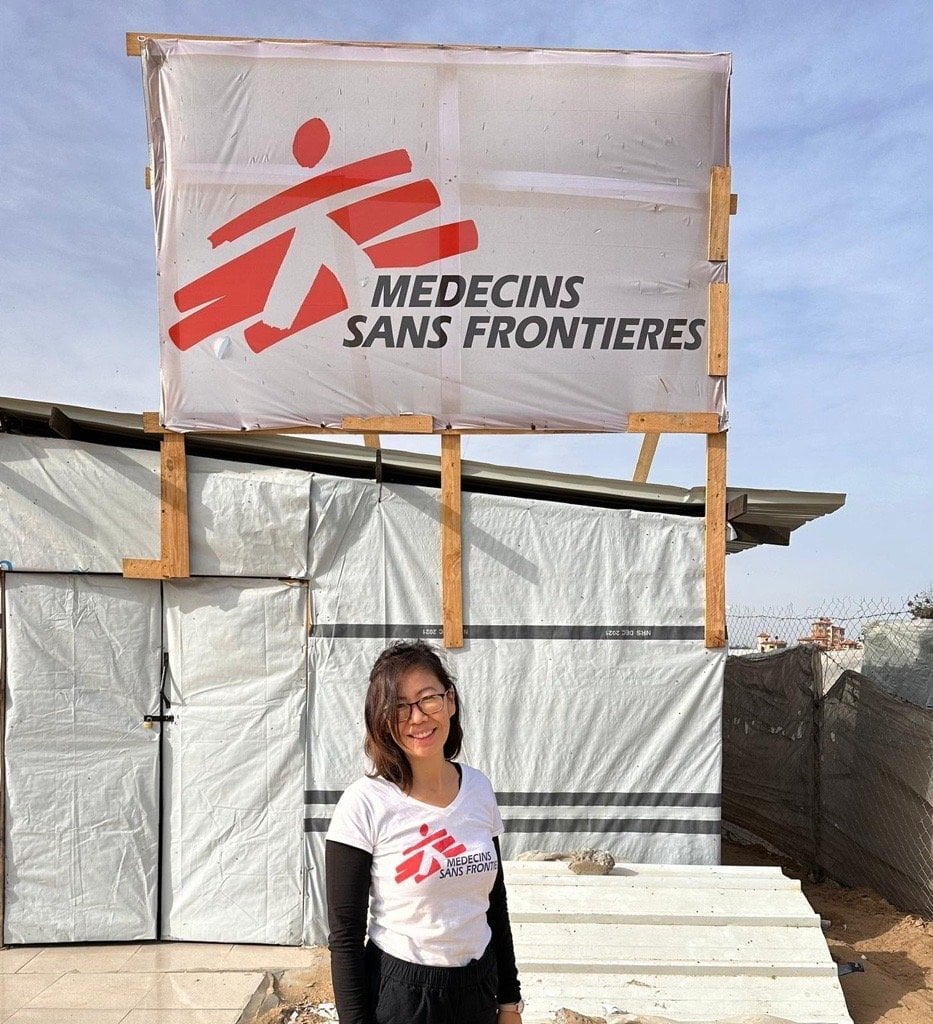 Scarlett Wong spent three weeks in Gaza from mid-March. Image: Doctors Without Borders.
Scarlett Wong spent three weeks in Gaza from mid-March. Image: Doctors Without Borders.

